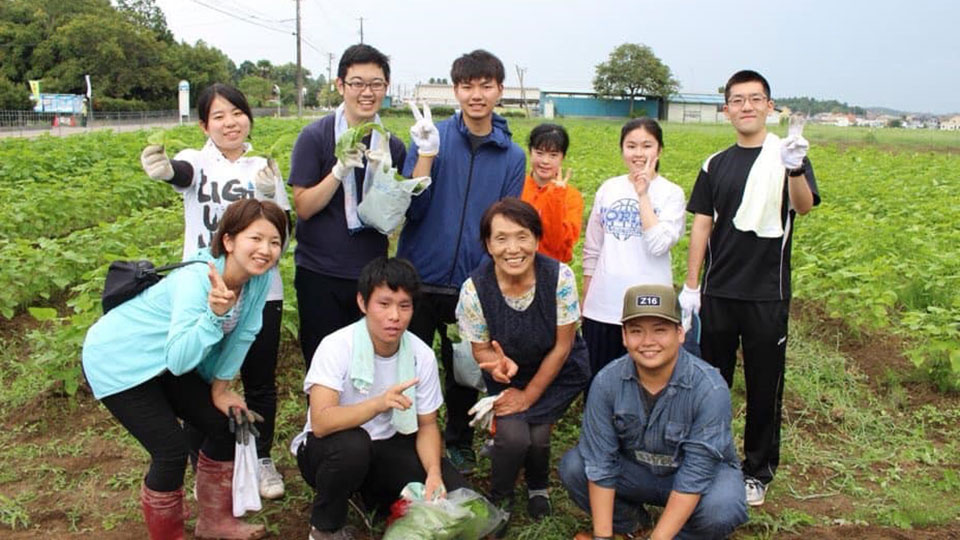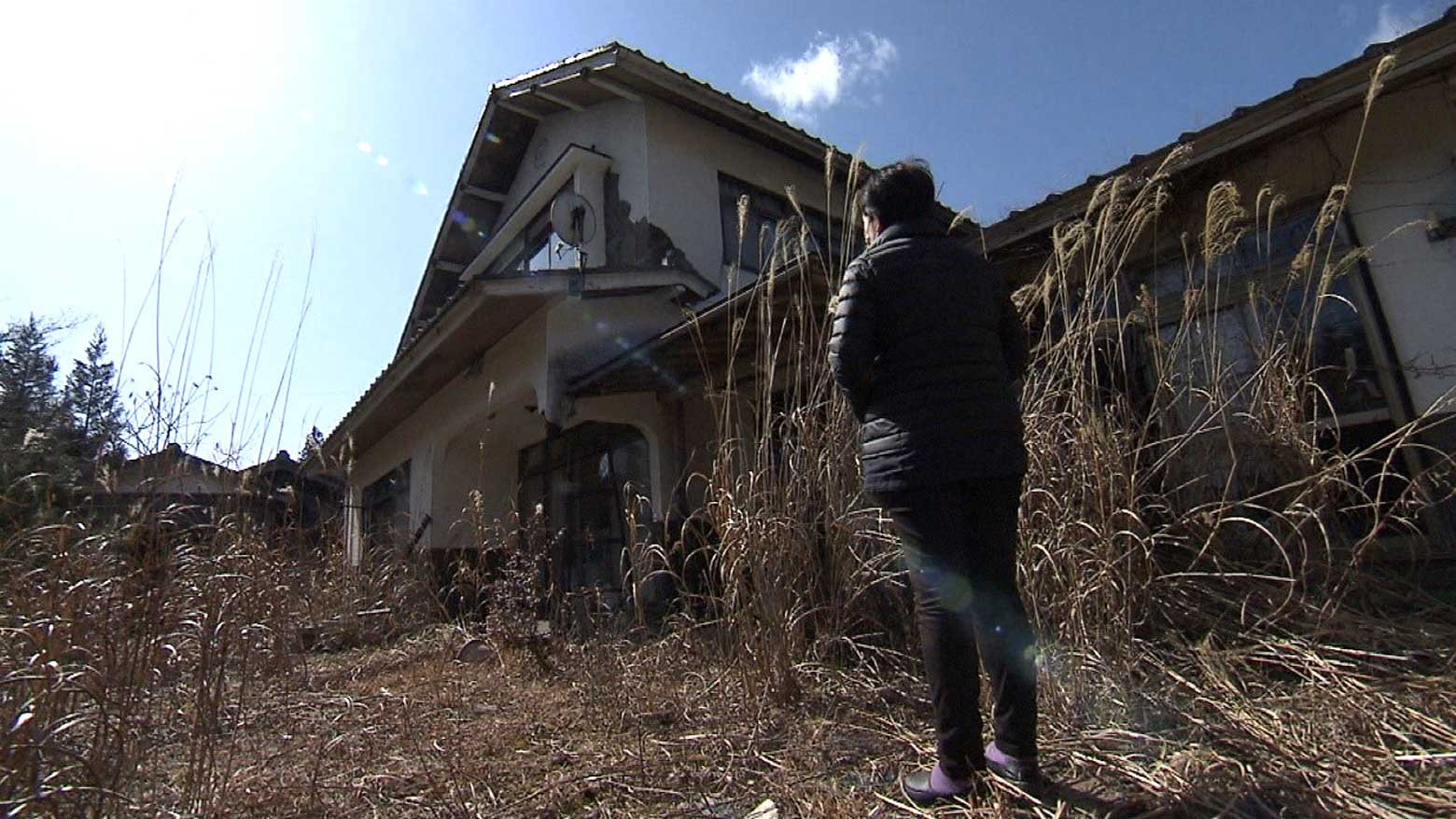In March 2011, Ishii Kinue had no choice but to abandon her home and fields in the Tsushima district of Namie town. She was optimistic that she would be able to return soon. Instead, she has endured a decade of disappointment. Radiation from the Fukushima Daiichi nuclear power plant, crippled by a massive earthquake and tsunami, started spreading northwest. The government issued an evacuation order, designating the area uninhabitable.
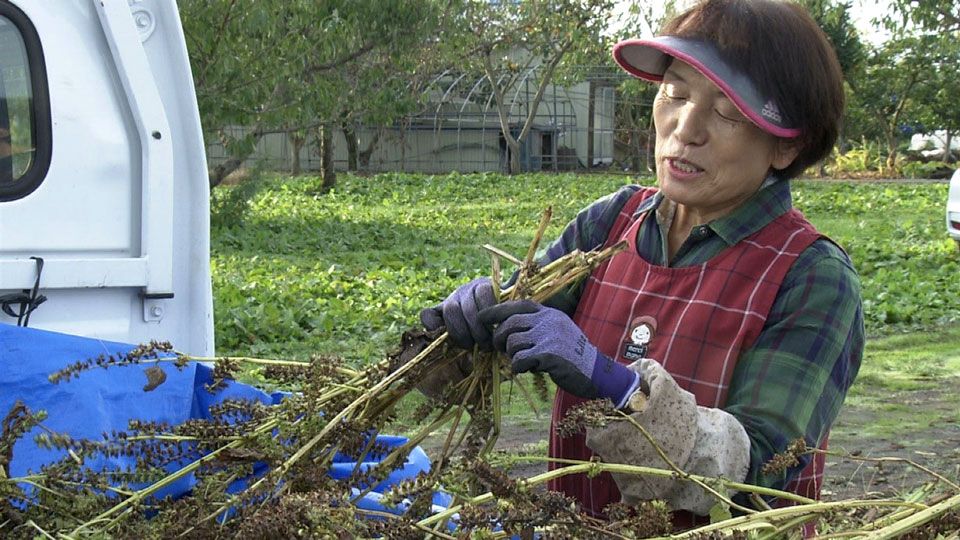
Stringent safety checks
By 2015, Ishii had settled 60 kilometers away in Fukushima City. She started growing her beloved perilla again to make salad dressings and jams. She sells them across the country after they pass government safety standards for radioactive substances.
Wherever Ishii may be, she can’t imagine doing anything else. “Perilla gives me peace of mind. I always want it to stay with me, like children or grandchildren,” she says.

But life is far from perfect. Ishii longs to be back home. The government maintains it will eventually lift all evacuation orders – but right now, decontamination work is slow. Locales where many residents are expected to resettle are the top priority.
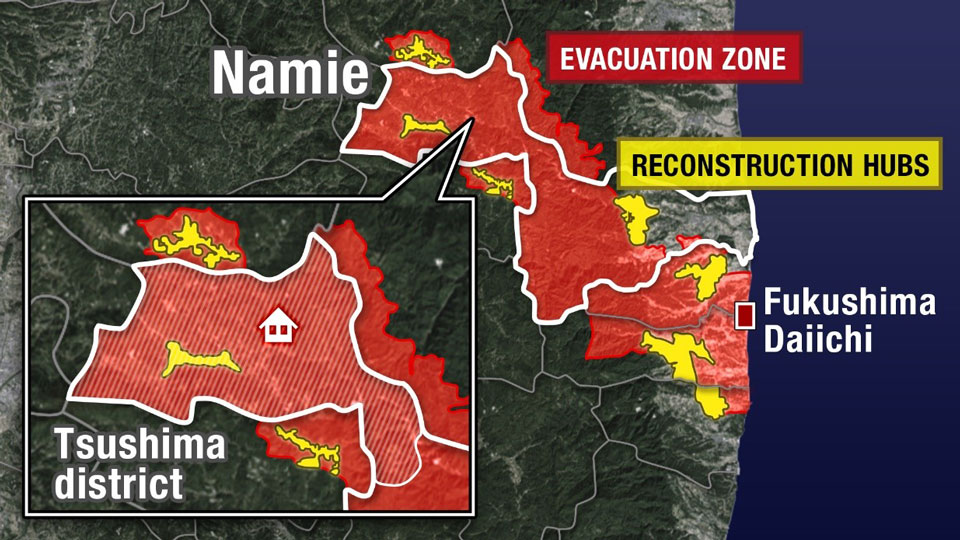
Some residents are angry, describing their homes as being in “blank areas,” where the prospects of decontamination work starting anytime soon are slim. These expanses of land include Ishii’s home and almost all of Tsushima.
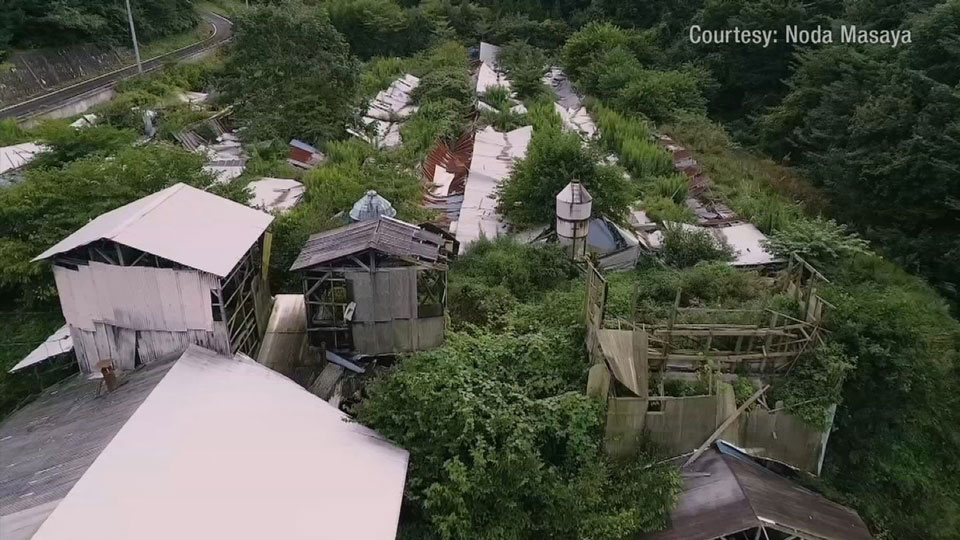
Fighting for decontamination in court
In 2015, Ishii and others from the district filed a lawsuit against the government and the operator of the nuclear plant, Tokyo Electric Power Company. They are demanding that radiation levels in their hometown be brought back to pre-disaster levels.
The government and TEPCO argue that decontamination methods for the evacuation zone are yet to be established, and that it will be impossible to restore the area to its original state. A court ruling will come this summer at the earliest.
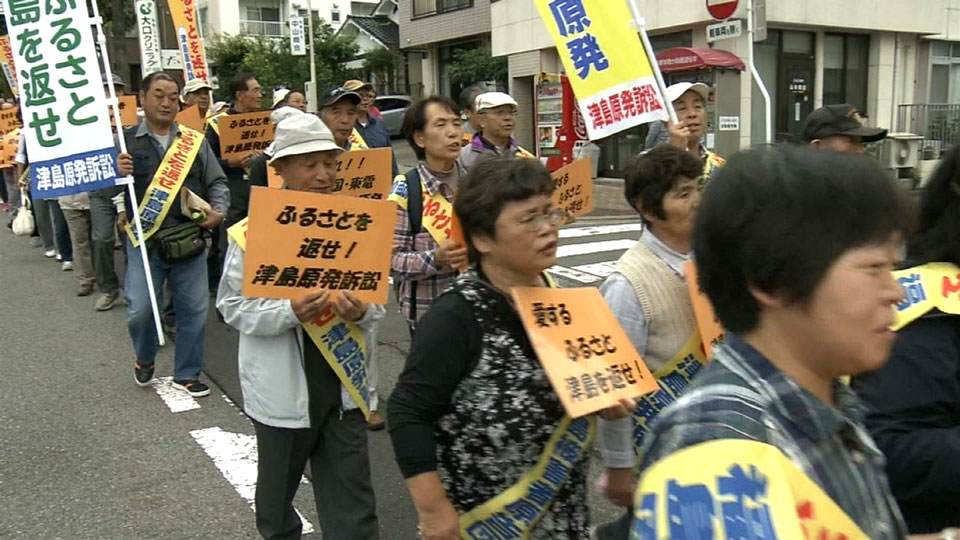
A home in tatters
Ishii returns a few times a year with the town’s permission, and each visit fills her with conflicting emotions. She gets to cast her eyes on old possessions, each one conjuring a memory of happier times. But her home is in complete disarray.
“Animals! Part of some creature’s body. And there’s a nest here,” she said when stepping inside recently. There’s little space to tread among all the chaos. “I always pretend to be strong and say we’ll all return here someday, but I don’t know when it will happen. I don’t want to my life to end somewhere else. I want to live here, even at my own risk.”
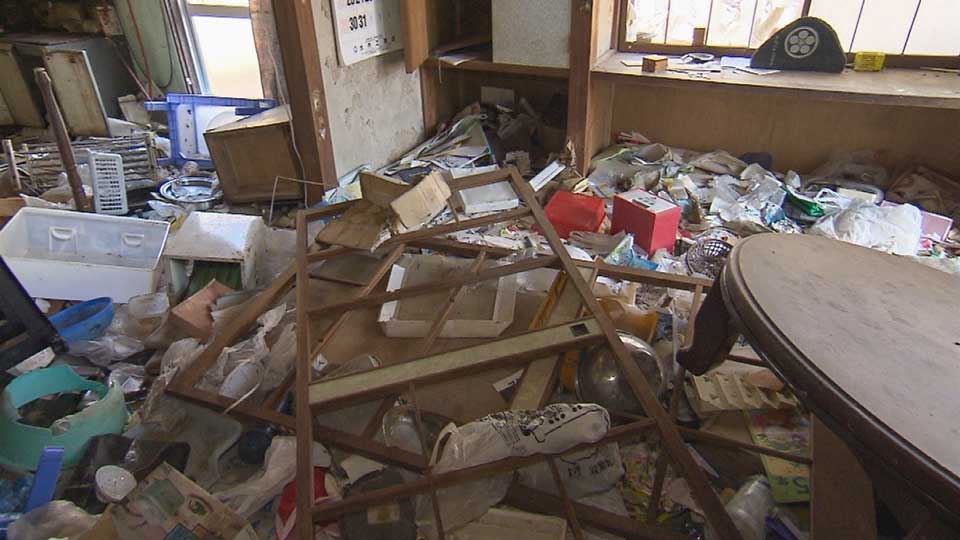
Cultivating seeds for the future
But there are signs of hope. A roadside station opened last year in the center of Namie after an evacuation order was partially lifted in 2017. Two years earlier, Ishii grew perilla on a trial basis in a decontaminated field.
Her crops were well within safety standards, and she has since resumed production in the area. Ishii has realized her longtime dream of helping to revive the town by selling her products at a local specialty store.
Watch Video 04:19
Ishii’s perseverance and relentless energy have rubbed off on the area’s youngsters, including Izumi Wataru. The 28-year-old started working for her in 2018.
Izumi is now growing perilla on 10 hectares of land in Namie. He attributes a great deal of his progress to Ishii. “Most farmers had given up, but she keeps on going. It's so cool,” he says, before illustrating just how ambitious he has become. “I’m aiming for the highest yield of perilla in Japan.”
Attitudes like that put a smile on Ishii’s face. A decade after being forced from home, all is not lost. “I say to them, ‘Let’s create a new town’ – a place to which everybody wants to return.”
